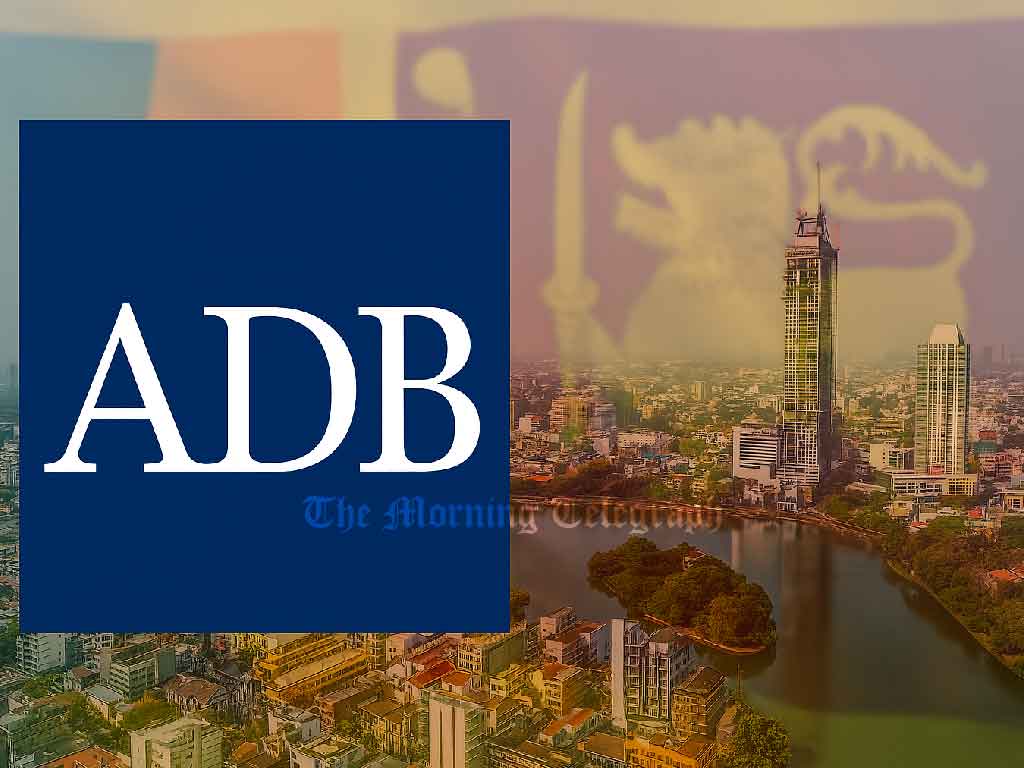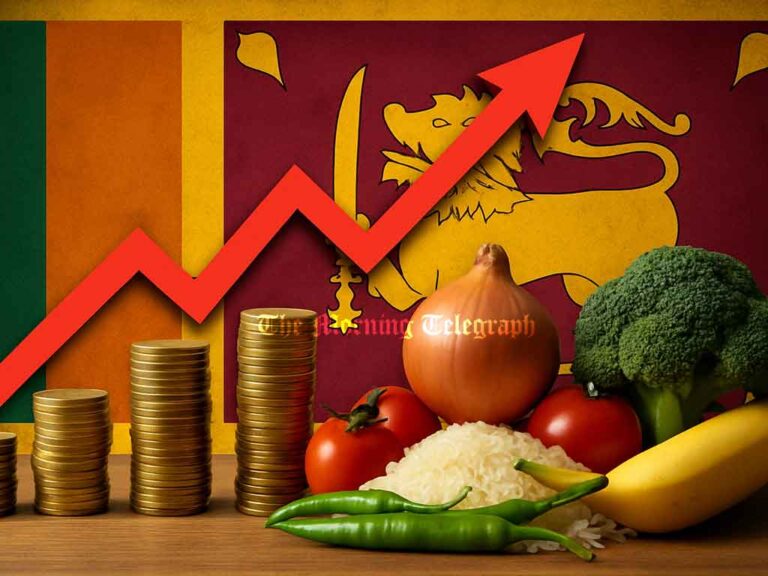
The Asian Development Bank (ADB) has issued a stark warning, cautioning that Sri Lanka’s economic stability could be seriously threatened if the United States proceeds with a 44% tariff on Sri Lankan exports. According to the ADB, the implementation of such a steep tariff is likely to force American buyers to cancel orders already placed with Sri Lanka and redirect their business to countries with more favorable trade terms, such as Mexico, India, and Brazil.
The ADB emphasizes that Sri Lanka’s key export sectors—particularly garments and rubber—will be among the hardest hit. The expected drop in export volumes could lead to a slowdown in the export-oriented manufacturing sector, driven by reduced production capacity and loss of competitiveness in global markets.
Beyond trade, the economic consequences could ripple through the broader economy. The ADB warns that investor confidence could plummet, leading to a decline in foreign direct investment (FDI). Local industries, especially garment factories that employ thousands, could be forced to downsize or shut down, triggering job losses and rising unemployment.
The potential fallout would also place added pressure on the Sri Lankan government. With reduced export earnings and growing domestic hardship, the government may be compelled to increase spending on social welfare, further straining already fragile public finances.
The ADB concludes that urgent diplomatic engagement is required to negotiate a reduction or exemption from the US tariffs, or Sri Lanka risks severe setbacks to its economic recovery, trade relations, and social stability.




